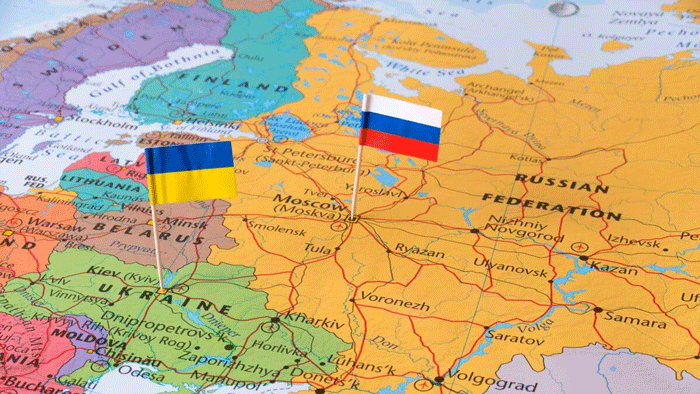For Industry Week
In 2014, Victor Meyer, a former United States Navy SEAL and current COO of risk intelligence company Supply Wisdom, worked at Deutsche Bank as a risk leader as Russia invaded eastern Ukraine and annexed the Crimean Peninsula. According to Meyer, Deutsche Bank had very little transparency into its supply chain.
“It was a bit of a surprise just to what extent our exposure was,” said Meyer, during a February 16 LinkedIn presentation hosted by Supply Wisdom. “We found that we had not only exposure from suppliers in the Ukraine, but we had exposure to that same supplier in St. Petersburg, Russia. And then, when we looked at the backup sites and our backup plans, they were located in equally exposed locations in Eastern Europe. So it required a massive deployment of reshoring those activities into the U.S., which took several months, and there were service disruptions associated with that.”
At the time of this article’s publishing, the Russian Federation has begun moving troops into eastern Ukraine. The idea of a renewed war between the two nations becomes less theoretical by the day.
“There will be at least hybrid warfare going on in the Ukraine,” said Meyer. This prediction has borne out. Hybrid warfare, the strategy of using means other than military force to wage war on a nation, includes economic pressure to destabilize economies. The Wall Street Journal and New York Times are reporting that Ukrainian banks and infrastructure agencies have been suffering through waves of cyber attacks in recent days. Defense and interior ministry sites suffered interruptions and delays. Previous, similar attacks were laid by the U.S. and U.K. at the feet of Russian military intelligence.



